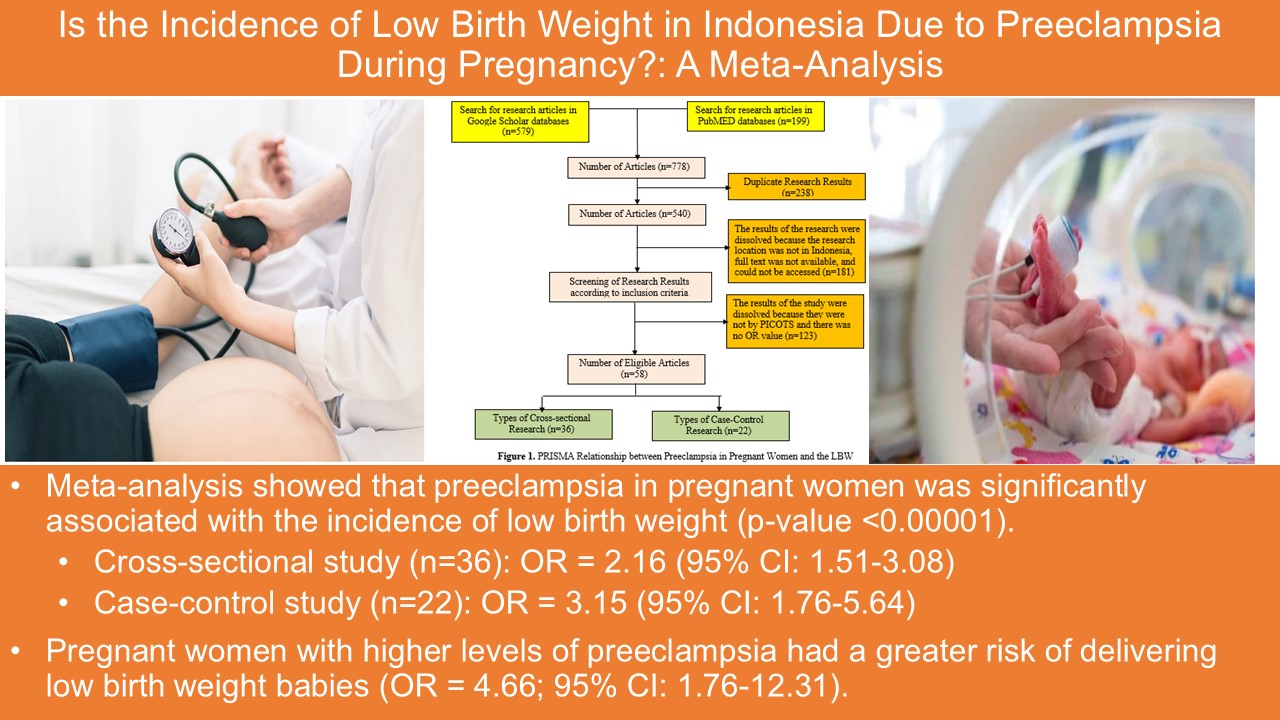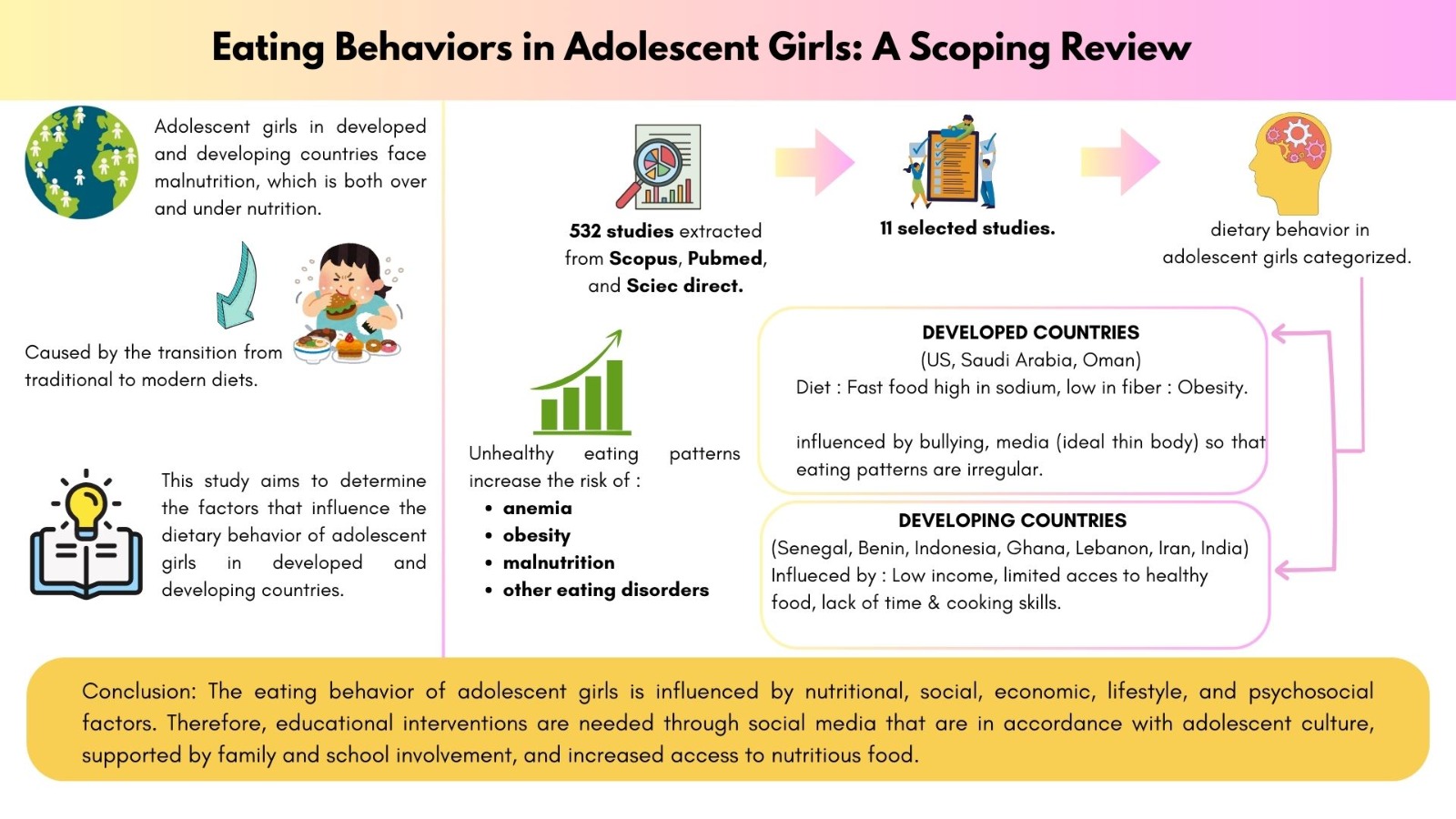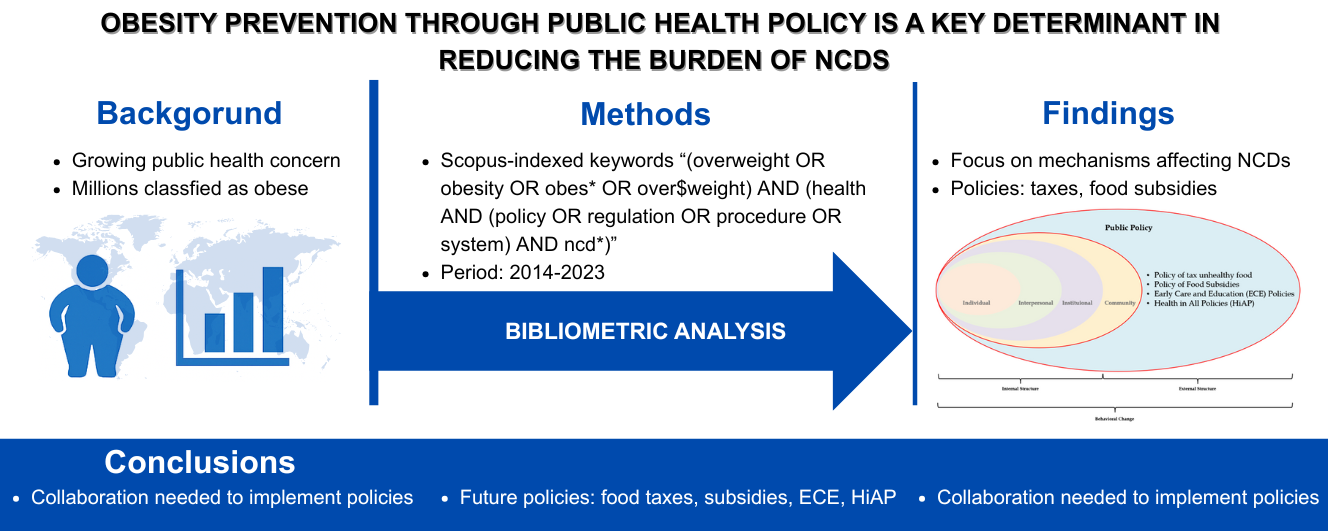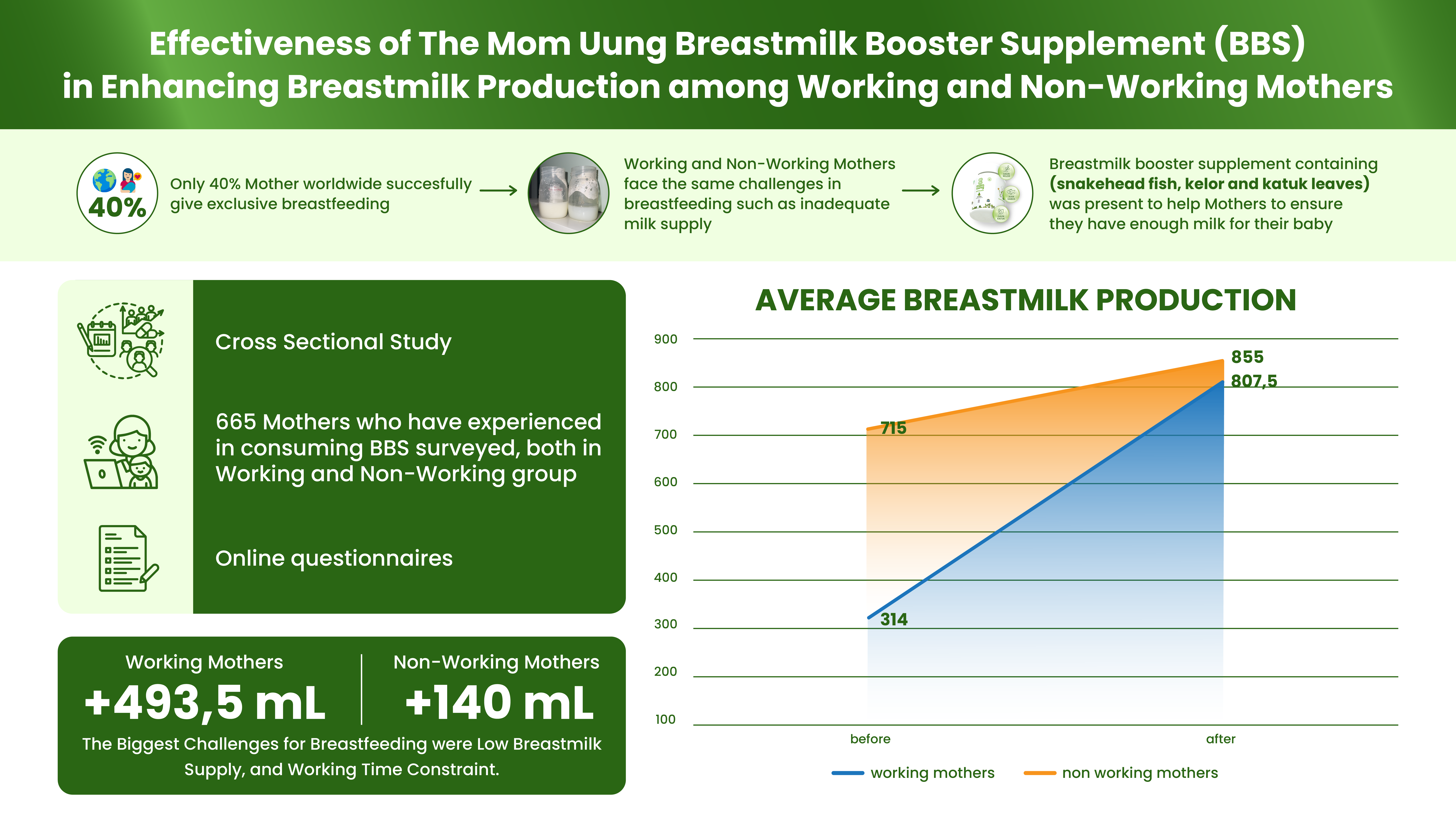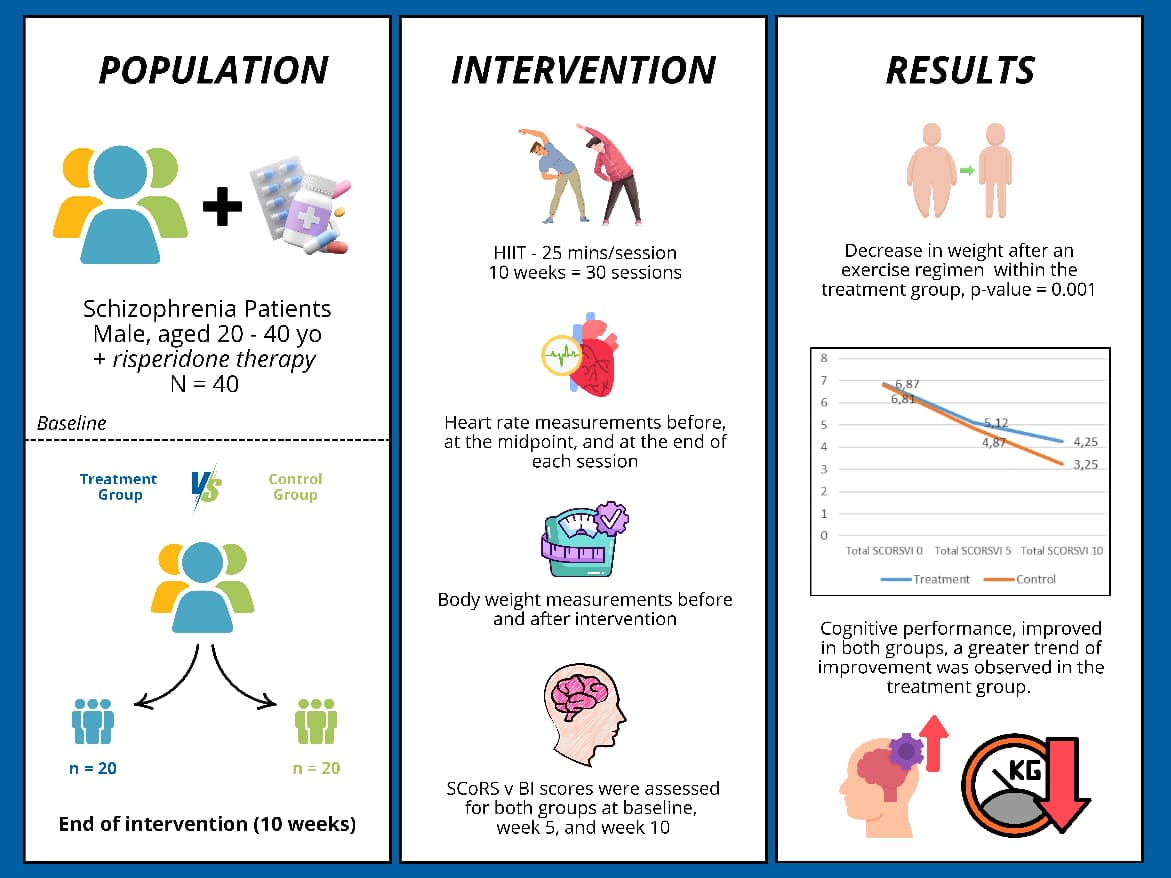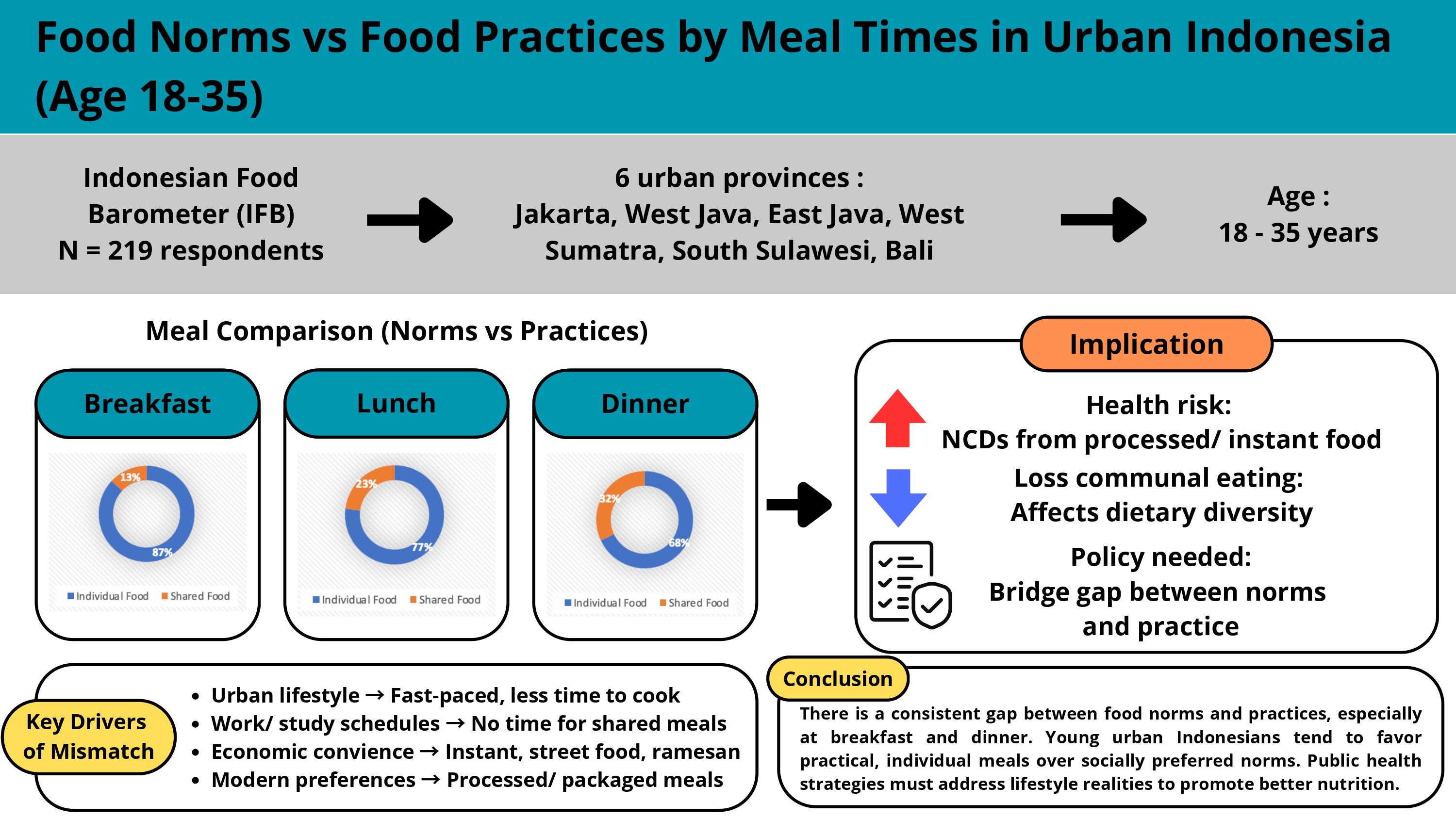STATUS ZINC DAN PERAN SUPLEMENTASI ZINC TERHADAP SISTEM IMUN PADA PASIEN HIV/AIDS: A SYSTEMATIC REVIEW <br><i>[Zinc Status and The Role of Zinc Supplementation on Immune System in HIV/AIDS Patients: A Systematic Review]</i></br>
Downloads
Zinc has a potential role in defense system by taking control in immunity cells activity. Zinc is a micro-nutrient that attains in such prominence as a co-factor for hundred enzymes and inducing nutritional metabolism. In condition of HIV infection, low plasma zinc level can inhibit T cell establishment, then decreasing humoral and cellular immunity. Furthermore, zinc plasma defi ciency will impact the disease progression thus increasing mortality rate. Based on several studies, giving zinc supplementation to HIV/AIDS patient still shows controversial results. The aim of this systematic review was to analyze zinc status in HIV/AIDS patients and examine the effect of zinc supplementation related to immunity status. The method of the study was conducted comprehensive searches on adults HIV infected aged >18 years who underwent outpatient care or hospitalized that received single zinc supplementation or in multivitamin and minerals form. The result from nine studies demonstrated that most of HIV/AIDS patients have a low plasma zinc level and after receiving zinc supplementation with a dose at least 12 mg for more than 1 month consecutively, the lymphocytes CD4+ and IFN-γ status in HIV/AIDS patients was increasing. Furthermore, the intervention of zinc supplementation also showed some positive improvement in other infections occurrence such as diarrhea, pneumonia, and tuberculosis. Zinc supplementation on HIV/AIDS patient has many benefi ts in increasing zinc status and improving the immune system.
Asdamongkol, N., Phanachet, P., & Sungkanuparph, S. (2013). Low plasma seng levels and immunological responses to zinc supplementation in HIV-Infected patients with Immunological Discordance after Antiretroviral Therapy. Japanese journal of infectious diseases 66. pp 469-474. Diakses dari https://www.ncbi.nlm.nih.gov/pubmed/24270132
Asemota A., Okafor, I., Okoroiwu, H., Ekong, R. E., Anyanwu, S. O., Efiong, E. E., & Udomah, F. (2018). Zinc, copper, CD4 T-cell count and some hematological parameters of HIV-infected subjects in Southern Nigeria. Integrative Medicine Research. Pp 53-60. Diakses dari https://www.ncbi.nlm.nih.gov/pmc/articles/PMC5884009/
Austin, J., Singhal, N., Voigt, R., Smaill, F., Gill M. J., Walmsley, S., Gilmour, J., Schlech W. F., Choudhri, S., Rachlis, A., Cohen, J., Trottier, S., Phillips, P., Ford, P. M., Woods, R., Singer, J., Zarowny, D. P., & Cameron D. W. (2006). A community randomized controlled clinical trial of mixed carotenoids and micronutrient supplementation of patients with acquired immunodeficiency syndrome. Eur J Clin Nutr. 60(11):1266–1276. Diakses dari https://www.ncbi.nlm.nih.gov/pubmed/16721396
Baum, M., Campa, A., Lai, S., Lai, H., & Page, B. (2003) Zinc status in Human Immuno Deficiency Virus Type 1 and Illicit Drug Use. Clin Infect Dis 37(2): S117-123. Diakses dari https://www.researchgate.net/publication/10595247_Zinc_Status_in_Human_Immunodeficiency_Virus_Type_1_Infection_and_Illicit_Drug_Use
Baum, M., Lai, S., Sales, S., Page, B., & Campa, A. (2010). Randomized, controlled clinical trial of zinc supplementation to prevent immunological failure in HIV- Infected adults. Clin Infect Dis; 50(12): pp 1653-1660. Diakses dari https://www.ncbi.nlm.nih.gov/pubmed/20455705
Carcamo, C., Hooton, T., Gilman, R., Weiss, N. S., Wener, H., Chavez, V., Meneses R., Echevarria, J., Vidal, M., & Holmes, K. K. (2006) Randomized controlled trial of seng supplementation for persistent diarrhea in adults with HIV-1 infection. J Acquir Immune Defic Syndr; 43(2): pp 197-201. Diakses dari https://www.ncbi.nlm.nih.gov/pubmed/16940855
David, O., Malaquias, L., Luis, D.,Dumontier, M., Lara, M., Ochoa, H., & Castano, V. M. (2017). The Emergence And Evolution Of The Research Fronts In HIV/AIDS Research. Acultad De Medicina Publication. Diakses dari https://journals.plos.org/plosone/article?id=10.1371/journal.pone.0178293
Gnatienko, N., Freiberg, S., Blokhina, E., Yaroslavtseva, T., Bridden, C., Cheng D. M., Chaisson, C.E., Lioznov, D., Bendiks, S., Koerbel, G., Coleman, S. M., Krupitsky, E., & Samet, J. H. (2018). Design of a randomized controlled trial of seng supplementation to improve markers of mortality and HIV disease progression in HIV-positive drinkers in St. Petersburg, Russia. Epub HIV Clin Trials 19(3): pp 101-111. Diakses dari https://www.ncbi.nlm.nih.gov/pubmed/29663871
Green, A., Lewin, R., Wightman, F., Lee, M., Ravindran, T. S., & Paton, N. I. (2005). A randomised controlled trial of oral seng on the immune response to TBC on HIV-infected patients. Int J Tuberc Lung Dis; PMID 16466061. Diakses dari https://www.ncbi.nlm.nih.gov/pubmed/16466061
Groff, J. L., Gropper, S. S., & Smith, J. L. (2004). Advanced Nutrition and Human Metabolism 3rd ed pp 366-374 diakses dari https://trove.nla.gov.au/work/8559916
Jiamton, S., Pepin, J., Suttent, R., Filteau, S., Mahakkanukrauh, B., Hanshaoworakul, W., Chaisilwattana, P., Suthipinittharm, P., Shetty, P., & Jaffar, S. (2003). A randomized trial of the impact of multiple micronutrient supplementation on mortality among HIV-infected individuals living in Bangkok. AIDS.17(17):2461–2469. Diakses dari https://www.ncbi.nlm.nih.gov/pubmed/14600517
Kaiser, J., Campa, A., Ondercin, J., Leoung, G., Pless, R. F., & Baum, M. K. (2006). Micronutrient supplementation increases CD4 count in HIV-infected Individuals on HAART: a prospective, double-blinded, placebo-controlled trial. J Acquir Immune Defic Syndr 42(5):523–528. Diakses dari https://www.ncbi.nlm.nih.gov/pubmed/16868496
Klaus, H. & L, Rink. (2003) Zinc-Altered Immune Function. J. Nutr 133: 1452 – 1456. Diakses dari https://www.ncbi.nlm.nih.gov/pubmed/12730441
Koch, J., Neal, E., Schlott, M., Garcia-Shelton, Y. L., Chan M. F., Weaver, K. E., & Cello, J. P. (1996). Zinc levels and infections in hospitalized patients with AIDS. Nutrition 12(7/8):515–518. Diakses dari https://www.ncbi.nlm.nih.gov/pubmed/8878145
Li, J. R., Gong, R.Y., Li, Y.P., Bai, Y., You, F., & Deng, S. (2010). Research on HIV/ Toxoplasma gondii co-infection and cytokine levels among intravenous drug users. Parasite Immunol; 32:161-164. Diakses dari https://www.ncbi.nlm.nih.gov/pubmed/20070830
Lifson, J.D., & Engleman, E. (2001). Role Of CD4 In Normal Immunity And HIV Infection. Immunoligical reviews of U.S National Library of Medicine. Diakses dari https://www.ncbi.nlm.nih.gov/pubmed/2475427
Martínez, C., Heidy & Duque-Molina, e. (2017). (2008). Effect of seng on immune recovery in HIV patients. Medellín 2013. CES Medicina pp 31. 3-13. Diakses dari http://www.scielo.org.co/scielo.php?script=sci_arttext&pid=S0120-87052017000100003
Mazzatti, J., Uciechowski, P., Hebel, S., Engelhardt, G., White, J., Powell, R., Rink, L., & Haase, H. (2008). Effect of long – Term seng supplementation and deprivation on gene expression in human THP – 1 mononuclearcells. J Trace Elem Med Biol 22:325-36. Diakses dari https://www.ncbi.nlm.nih.gov/pubmed/19013360
Nnyepi, M. (2009). The risk of developing malnutrition in people living with HIV / AIDS : Observations from six support groups in Botswana. S Afr J Clin Nutr 22(2), 89–94. Diakses dari https://www.ajol.info/index.php/sajcn/article/viewFile/49095/35439
Rahfiludin, Z., Wirjatmadi, B., Agusni, I., & Dahlan, P. (2011). Zinc supplementation could modulate t cell to maintain interleukin-2 level in seropositive contact of leprosy patients. Med J Indones. 20: pp 201-204. Diakses dari https://www.researchgate.net/publication/270529184_Zinc_supplementation_could_modulate_T_cell_to_maintain_interleukin2_level_in_seropositive_contact_of_leprosy_patients
Rahfiludin, M. Z., & Pradigdo, S. F. (2013). The Effect of Seng Supplementation on CD 4+ Human Immunodeficiency Virus Patients. MGMI Vol. 5, No. 1 pp 31-39 diakses darihttp://download.portalgaruda.org/article.php?article=282171&val=4898&title=Pengaruh%20Suplementasi%20Seng%20terhadap%20CD%204%20Pengidap%20Human%20Immunodeficiency%20Virus
Riddell, L., Pinching, A., Hill, S., Ng, T., Arbe, E., Lapham, G., Ash, S,. Hillman, R., Tchamouroff, S., Denning, D. W., & Parkin, J. M. (2001). A Phase III Study of Recombinant Human Interferon Gamma to prevent opportunistic infections in advanced HIV disease. AIDS Res Hum Retroviruses. 17(9): 789- 97. Diakses dari https://www.ncbi.nlm.nih.gov/pubmed/11429120
Rundles, C., McNeeley, F., & Moon, A. (2005). Mechanisms of nutrient modulation of the immune response. J Allergy Clin Immunol 115(6); 1119-1128. Diakses dari https://www.ncbi.nlm.nih.gov/pubmed/15940121
Savira, M. (2017). Imunologi Human Immunodeficiency Virus (HIV) dalam Kehamilan. Jurnal Ilmu Kedokteran 8. 1. 10.26891/ JIK.v8i1.1-7. Diakses dari https://ejournal.unri.ac.id/index.php/JIK/article/view/4287
Seddiki, N., & Kelleher, A. (2008). Regulatory T cells in HIV infection: who's suppressing what?. Curr Infect Dis Rep. 10(3):252–258. Diakses dari https://www.ncbi.nlm.nih.gov/pubmed/18510889
Shankar, A., & Prasad, A. (1998). Zinc and immune function : the biological basis of altered resistance to infection. Am J Clin Nutr 68 447S-63S. Diakses dari https://www.ncbi.nlm.nih.gov/pubmed/9701160
Seloilwe, E. (2013). Factors that influence the spread of HIV / AIDS among students of the University of Botswana. Journal of the Association of Nurses in AIDS Care vol. 16, no. 3, pp. 3-10. Diakses dari https://www.ncbi.nlm.nih.gov/pubmed/16433112
Stolley, K.S., (2009) Glass JE. HIV/AIDS. California: Greenwood Press.
Tanaka, S., Takakahashi, E., Matsui, T., & Yano, H. (2001) Zinc promotes adipocyte differentiation in vitro. Asian-Aust. J. Anim. Sci 14(7): 966 – 969. Diakses dari https://www.ajas.info/journal/view.php?number=19930
World Health Organization. (2003). Nutrient requirements for people living with HIV / AIDS: a report of a technical consultation. WHO Technical Consultation on Nutrient Requirements for People Living with HIV/AIDS 13–15. Diakses dari http://www.who.int/nutrition/publications/hivaids/9241591196/en/
- MEDIA GIZI INDONESIA Journal is the copyright owner of all materials published on this website.
- The formal legal provisions for access to digital articles of this electronic journal are subject to the terms of the Creative Commons Attribution-NonCommercial-ShareAlike license (CC BY-NC-SA 4.0), which means that MEDIA GIZI INDONESIA Journal and readers reserve the right to save, transmit media / format, manage in database, maintain, and publish articles as long as it continues to include the name of the Author.
- Printed and published print and electronic manuscripts are open access for educational, research and library purposes. In addition to these objectives, the editorial board shall not be liable for violations of copyright law.


2.png)















